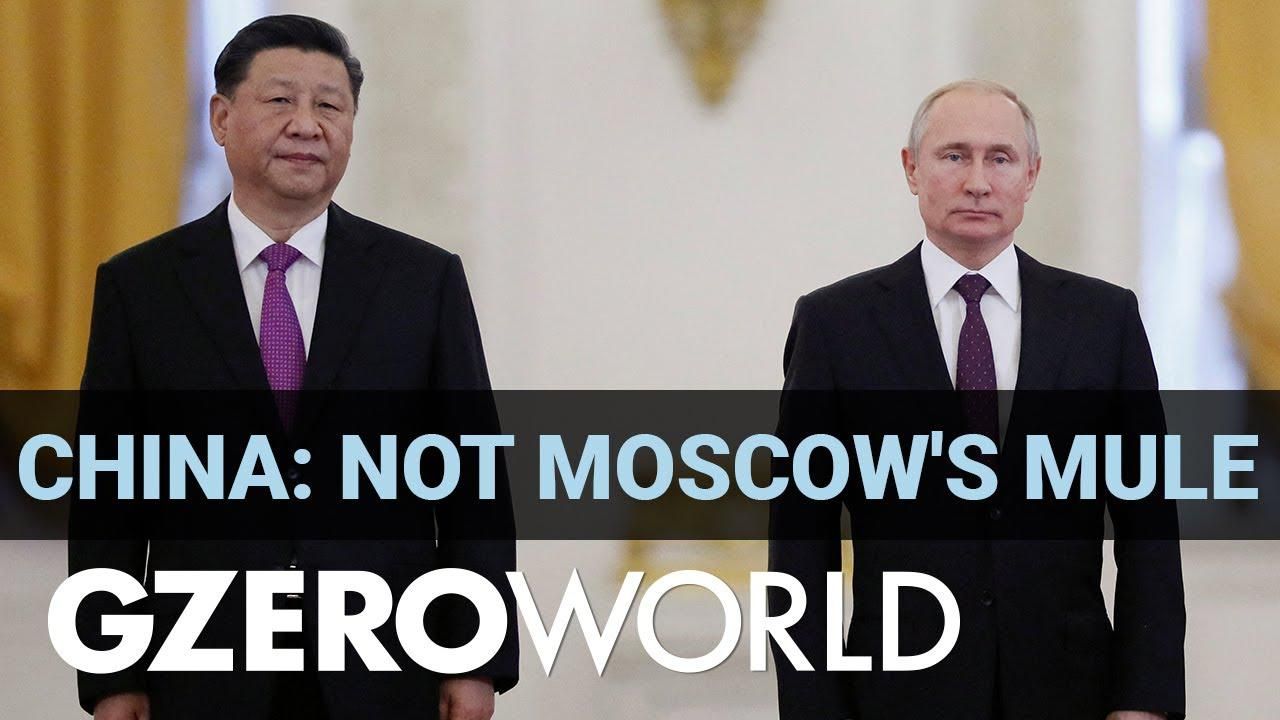GZERO World Clips
China is wary of supporting Russia: Finland’s former PM Alexander Stubb

China Is Wary of Supporting Russia: Finland’s Former PM Stubb | GZERO World

Russia's war in Ukraine has thrown China into the global spotlight for some troubling reasons — and at a very bad time for Xi Jinping. What's on his mind now?
Former Finnish PM Alexander Stubb tells Ian Bremmer that Xi is likely worried more about domestic stuff like zero COVID, his own political future, and perhaps turning inward on the economy. Even some instability in Europe is not so bad for Xi because the focus on US-Russia takes attention away from rocky US-China ties.
"Do not overestimate the appetite for China to deal with Russia," he says.
The Chinese, Stubb explains, may want to use Russia as a card in a game because its economy is so tiny. And since the Russians only have natural resources, geographic size, and military power, "the natural business partner is China, not Russia."
What's more, he sees China as a lot more dependent on Europe or the US than it is on Russia.
"If you look at it from pure [...] power politics, you can say that yes, China can now play the game, and I'm sure they will," Stubb says. "But don't think for one minute that [...] the big partnership in the future is gonna be China and Russia."
100 million: The number of people expected to watch the Super Bowl halftime performance with Bad Bunny, the Puerto Rican superstar and newly minted Album of the Year winner at the Grammys.
Think you know what's going on around the world? Here's your chance to prove it.
An imminent US airstrike on iran is not only possible, it's probable.
Americans are moving less — and renting more. Cooling migration and rising vacancy rates, especially across the Sunbelt, have flattened rent growth and given renters new leverage. For many lower-income households, that relief is beginning to show up in discretionary spending. Explore what's changing in US housing by subscribing to Bank of America Institute.